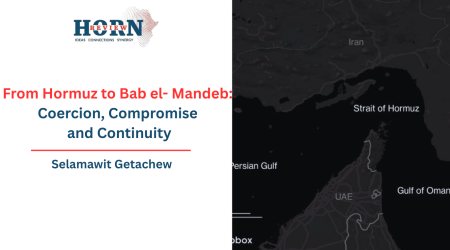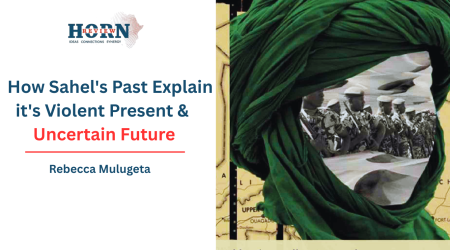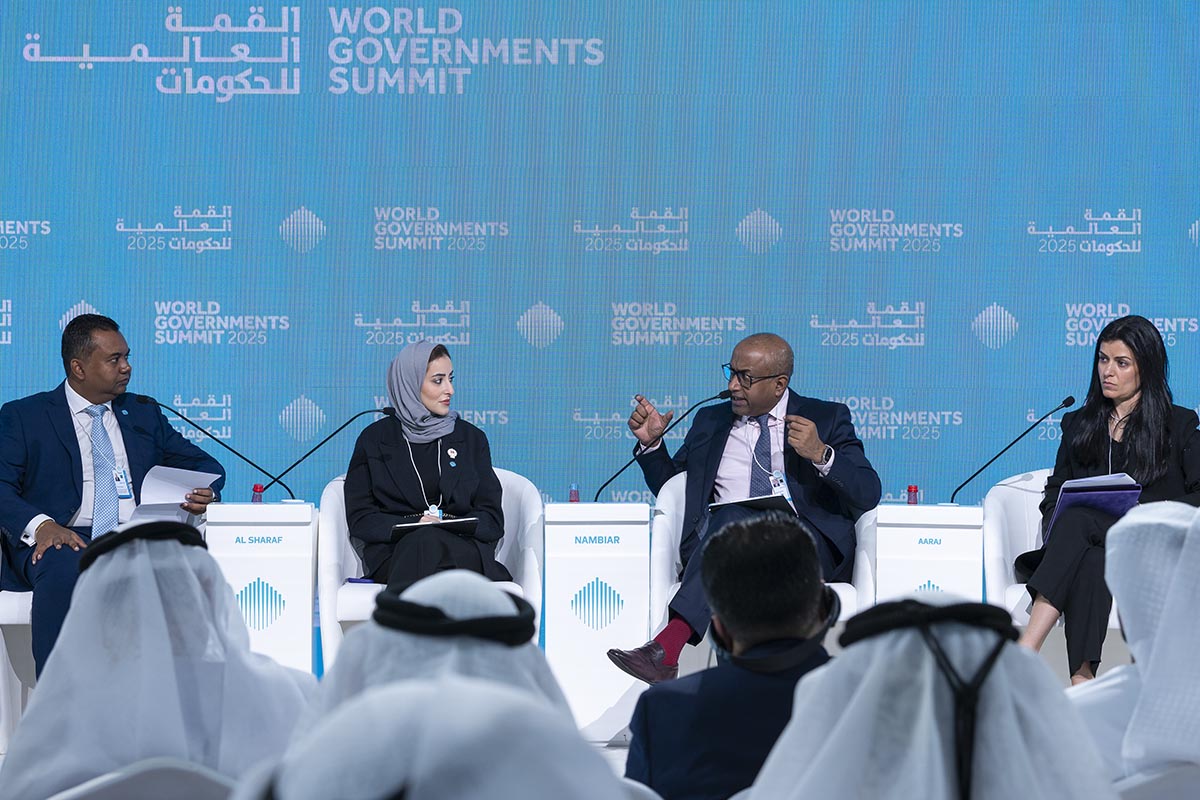
14
Feb
Somaliland’s Unrecognized Status: A US-UAE Convergence in a Fragmented Horn (World Summit 2025 Lens)
Somaliland is strategically located along the Red Sea close to the Bab el Mandeb strait. It exists where One of the most crucial routes in the world exists, making it a region of increasing global interest. Its Berbera port proves its strategic nature it sits as a crossroads for the Middle East, east Africa, and the links to Asia which makes Somalia more important.
There is a substantial increase in Somaliland’s pursuit of global recognition, especially considering a shift in America’s stance with a hypothesized transition back to Trump. This would increase the two states’ interest to recognize Somaliland and secure their interests.
U.S Concerns and the “Jumpstart Trump Strategy”:
The United States of America seems to have begun its competition against China because of the recent tariffs in the process it needs Somaliland for use in its strategic South Mediterranean counterbalance. This makes Somaliland highly attractive. The US Interest in Somaliland’s geographical position arose after knowing its proximity to Bab el-Mandeb Strait, which makes it very important. This move corresponds with maintaining US Interest in the Red Sea limiting regions together and ensuring protection for trade routes.
Moreover, Somaliland can serve as a base of operations fighting against terrorism. Its stability and democratic governance are in stark contrast with the ongoing civil war in Somalia. Supporting Somaliland makes it a reliable ally because of shared values and interests between them. By supporting Somaliland, the US can enhance its ability to address threats from extremist groups and safeguard its interests in the broader Middle East and Africa.
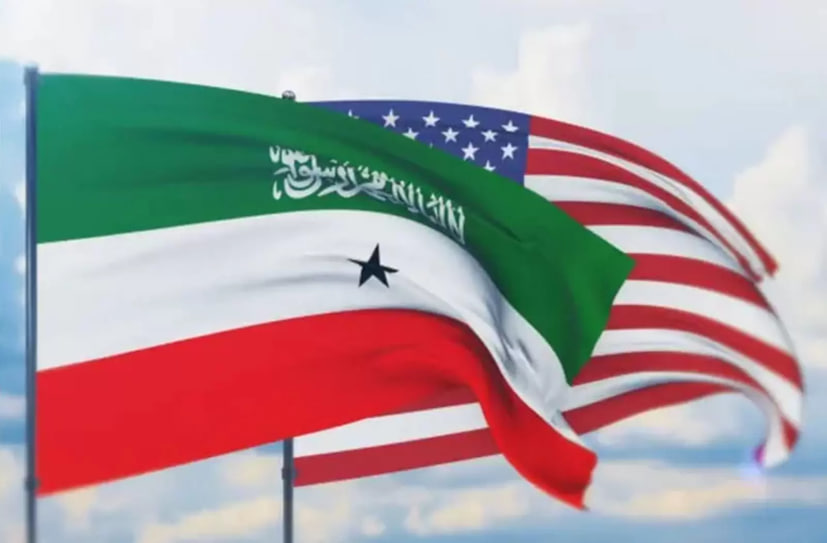
UAE’s Economic and Geopolitical Interests
The UAE’s interest in the Horn of Africa is driven by economic and strategic factors. The UAE has already shown considerable interest in Somaliland, particularly in the development of the Port of Berbera. This investment aligns with its broader strategy of expanding its maritime infrastructure and trade networks across the Horn of Africa. Recognizing Somaliland would solidify the UAE’s position in the region, providing it with greater access to markets and resources.
Furthermore, the UAE’s involvement in Somaliland reflects its desire to play a more prominent role in regional security. By supporting Somaliland’s stability, the UAE can contribute to efforts to counter piracy and other maritime threats, ensuring the safety of vital shipping lanes. This aligns with the UAE’s overall goal of promoting stability and economic growth in the Horn of Africa. A stable Somaliland serves as a buffer against instability emanating from Somalia, a factor crucial for the UAE’s regional security concerns. The UAE likely views official recognition as a way to solidify its investments, legitimize its presence, and further expand its economic influence in the Horn of Africa
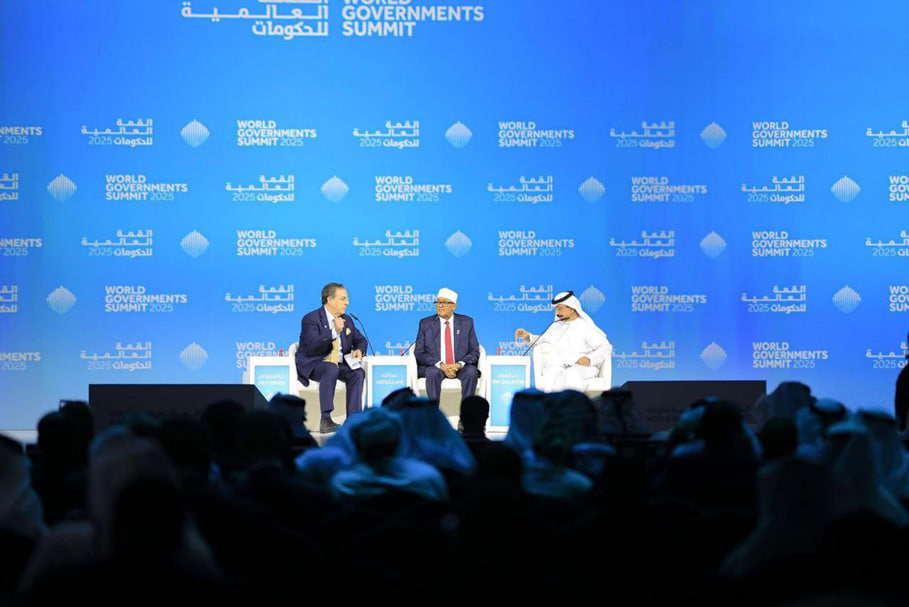
The Trump Factor and Potential Recognition
The potential recognition of Somaliland by a returning Trump administration is influenced by several factors. Trump’s transactional approach to foreign policy may see Somaliland as an attractive opportunity, particularly if framed as a business deal that benefits US interests.
However, recognizing Somaliland could be a disruptive move, aligning with Trump’s tendency to challenge established norms. It would likely provoke Somalia, which views Somaliland as an integral part of its territory. Despite these challenges, the potential benefits of recognizing Somaliland, both for the US and the UAE, may outweigh the risks, particularly if it is seen as a way to promote stability and counter rival powers in the region.
By Bethelhem Fikru, Researcher, Horn Review

